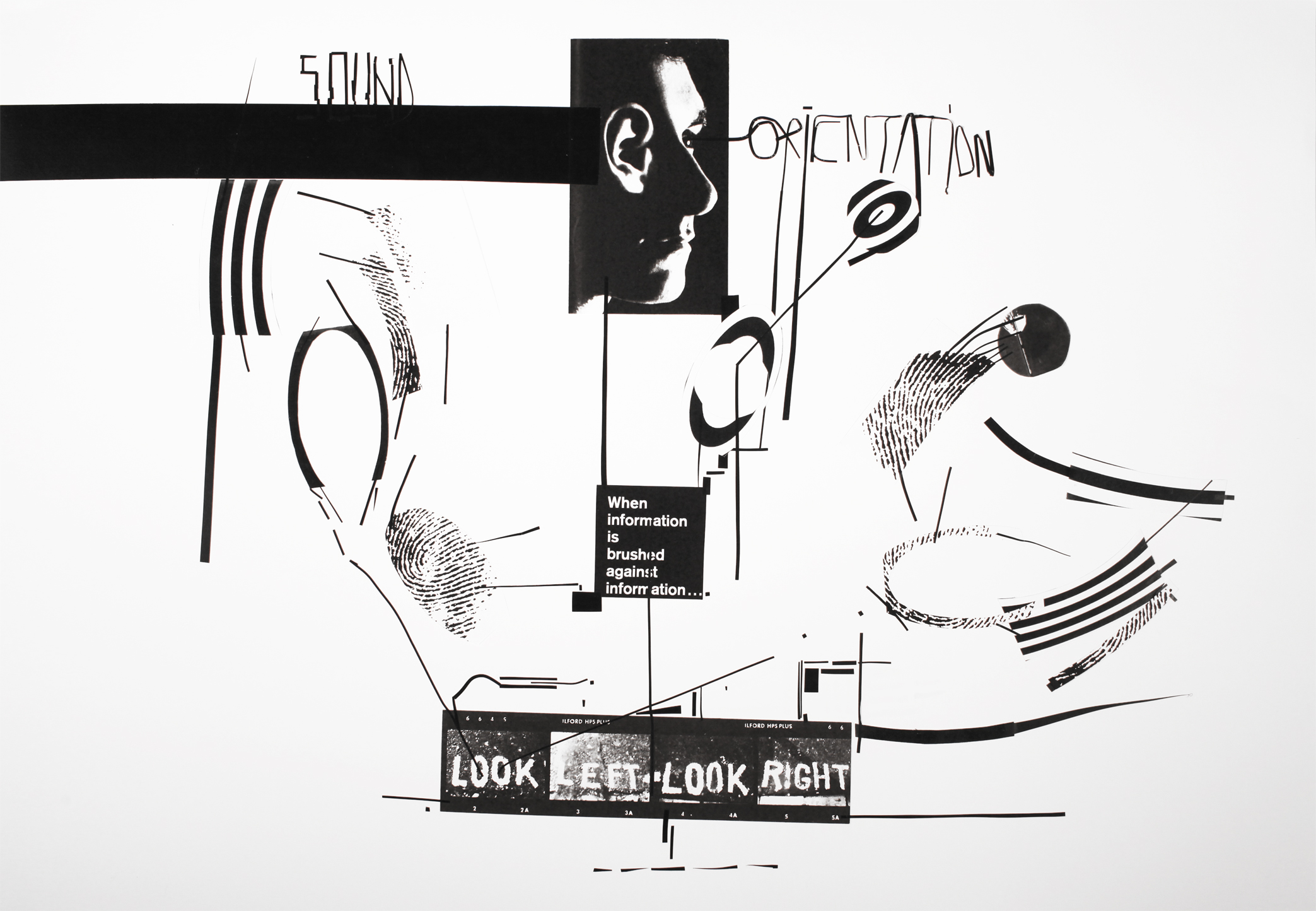POSTS

The Paradoxical affect on Motivation of Hot Media
From Wikipedia: “a snake oil salesman is someone who knowingly sells fraudulent goods or who is themselves a fraud, quack, or charlatan.” There are a people who portray themselves on the internet garnering a following of people and eventually offer something for sale. With open access to the tools of the internet medium to communicate, if you are good at these ‘mediums’ then you get to put yourself in the public eye.
Like the Marshall McLuhan book title ‘The Medium is the Massage’ - it is the medium not the content itself that is the message we can take. We should watch the way that people who are good marketers put themselves on a pedestal to communicate and not what they say. The nature of the mediums that are offered by the internet to communicate present some positive and negative qualities. People who get a following by offering ‘solutions’, motivation or inspiration which don’t live up to the claims, missing vital elements and results in wrong action and behaviour.
Depth and meaningfulness of projects.
- Ideas are boiled down to the parts that appeal to basic desires or are spectacular.
- Not enough time is taken to evolve a project due to the need to push out new projects to keep interest and therefore the longevity of projects is also reduced.
- Ideas are fragmented due to the effect of copy pasting to create a new assemblage.
Allocation of resources to people who need a platform because they really have something important to say or do.
- Often projects that need the resources don’t get the service of those who are the best with the medium because they cannot afford to hire them. (Market allocation of resources).
Disconnection of actions from source.
- E.g. overseas interventions by NGOs that don’t work.
- Projects are driven by the desire of the individuals rather than any specific need that arose locally.
- This can also lead to discordance with local populations.
The online medium of activism vs in the world activism.
- An example would be the tick box signing of petitions versus making the effort to change a daily routine and gather to participate.
- Those who do have the means to change their routines are idealised as people project their lack onto them.
The marketer Seth Godin noted the difference between writing in a diary to writing on his blog. One allows you to ‘hide’ whereas the other doesn’t.
Why would you want to express yourself publicly? (not hide)
Expression.
- Deliberately communicating to an audience with the intention of putting across a point of view that may influence the audience for altruistic or self-interest. Or third space is that of synergy where there is some kind of mutual benefit.
Self reflection.
- It could be a self reflective process that allows you to work through your own thinking processes. Not necessarily interesting to anyone else, because the information is very personal to the writer.
Reporting valuable information
- this information allows the reader to act in a preferential way.
- Someone who alerts people to vital information on events is like a warning system for the benefit of whoever is in danger.
From Wikipedia:
“Hot” and “cool” media
“In the first part of Understanding Media, McLuhan also stated that different media invite different degrees of participation on the part of a person who chooses to consume a medium. Some media, like the movies, were “hot”—that is, they enhance one single sense, in this case vision, in such a manner that a person does not need to exert much effort in filling in the details of a movie image. McLuhan contrasted this with “cool” TV, which he claimed requires more effort on the part of the viewer to determine meaning, and comics, which due to their minimal presentation of visual detail require a high degree of effort to fill in details that the cartoonist may have intended to portray.”
Media that is designed to be ‘hot’ is therefore appealing to the laziness of the consumer or to the ability of that consumer to become ‘hooked’. Whereas ‘cool’ media encourages independent thought and inspires action.
Herein lies the paradox of hot media where the content appears to tell the consumer they need to act. The media invokes the opposite of the message. A better option would be third space expression leading to synergy and mutual benefit through ‘cooler’ media.